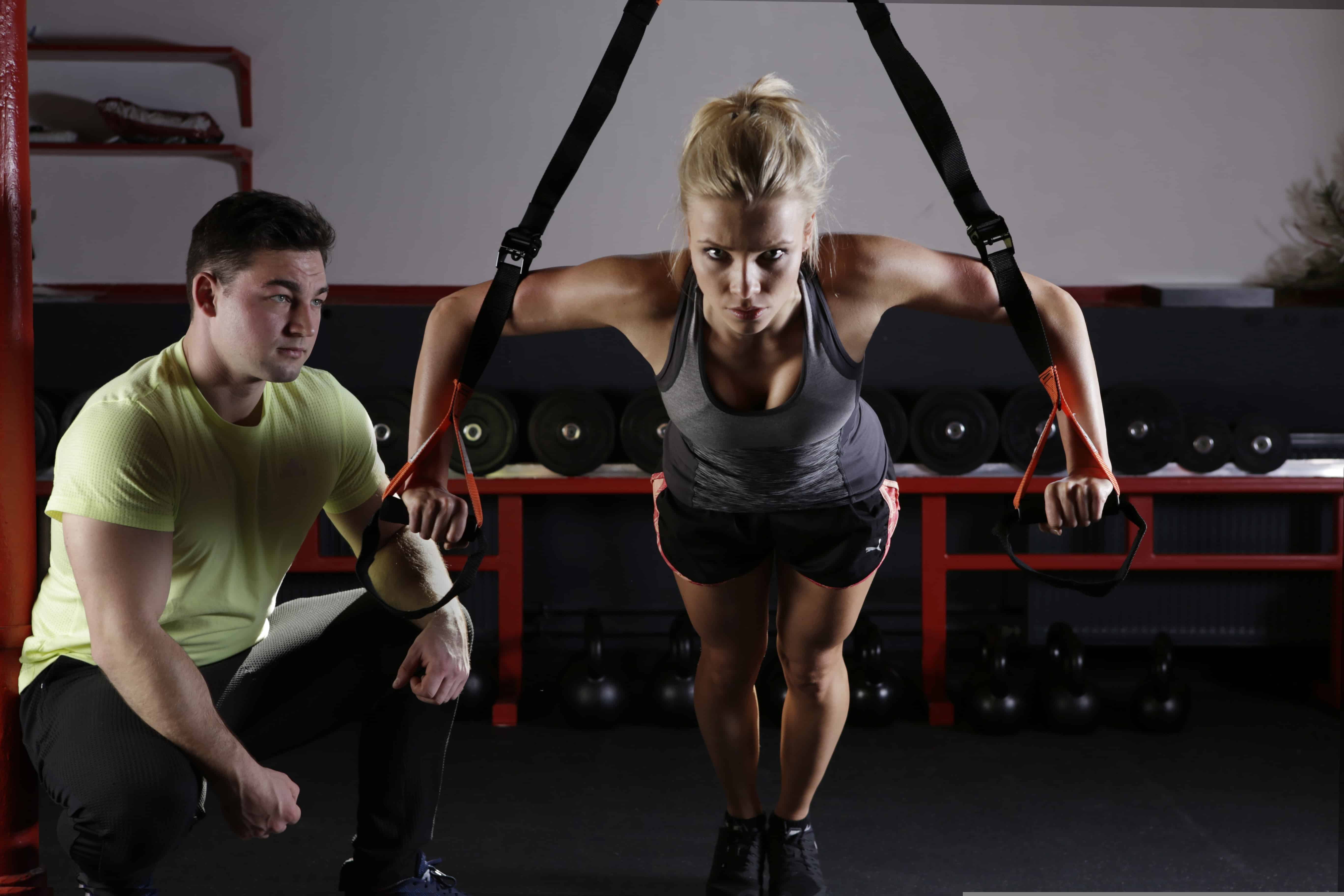
About Those Vegan Cowboys
- Founders: Jaap Korteweg and Niko Koffeman
- Founded in: 2020
- Employees: 26
- Money raised: -
- Ultimate goal: Eensuring that cows are able to live freely again in nature while products are made in a more sustainable way
Reproduce real cheese with microorganisms and a stainless steel cow: that’s exactly what they do at Those Vegan Cowboys. Jaap Korteweg and Niko Koffeman sold their former company De Vegetarische Slager (The Vegetarian Butcher) to Unilever in order to launch a novel plant-based cheese brand. In this installment of start-up of the day, project director Will van den Tweel tells us more about it. He earned his PhD in biotechnology from Wageningen University in the Netherlands.
What do you do exactly?
“We develop plant-based cheese with casein. Caseins are the largest protein components in milk. They are the main components of cheese and provide the texture, mouthfeel and taste. We put the DNA of this cheese substance into microorganisms. This enables them to produce new caseins on their own. The caseins that are produced are isolated so that they can be used to make cheese. We are now busy working on this cheesemaking process. Last year we produced our first cheese.”
Who is Margaret?
“Margaret is our stainless steel cow. Basically, it’s a fermentation vat that contains the microorganisms that produce the casein. In the old days, you had cowboys who herded all the cows together on a farm. We are basically the cowboys who cut that barbed wire. We’re ensuring that cows are able to live freely again in nature while products are made in a more sustainable way.”


What is innovative about your work method?
“If you want to make cheese, you can use plant-based ingredients. That kind of cheese is already available out there, made from nuts or coconut, for example. The problem is that these cheeses do not have the real taste of cheese. If you want to make a product like that, you need these kinds of caseins. We could potentially make all kinds of cheese with this. We wanted to make something more sustainable than the classic cheese that uses cows.”
Why is it more sustainable than classic cheesemaking?

“Milk products are nutritious if you just look at the proteins and fats. But the production method is not sustainable. If you take a more in-depth look at classical production, that is, raising animals and then producing milk, you notice that a lot of land is needed. Also, you produce a lot of methane and CO2 emissions unnecessarily. Globally, about 75 percent of all available land is used to feed animals and produce animal products. And yet the yield only accounts for about 25 percent of our annual protein and calorie needs. Therefore, with the growing world population, we need to find new ways that are more sustainable.”
What sort of developments are you currently working on?
“Recently we started a large collaborative project with Leiden University. We think we can eventually make even better cheese if we use fungi to do this. We hope the university can help us develop the most suitable type of fungus. This will allow us to produce cheese even better and more quickly than now. We have set aside €2.5 million in the form of a bounty hunt. It remains to be seen what the future holds and what results will come from further research by the university.”

What experiences from De Vegetarische Slager did Jaap and Nico take with them?
“As far as technology is concerned, nothing at all, because we are using a wholly different type of technology here. At De Vegetarische Slager, all of our plant-based ingredients were already mixed, heated and mixed. That is different here as we develop our own microorganisms and processes. Niko in particular brings a lot of experience in the field of branding and marketing, that explains the story around the stainless steel cow and cowboys. Both Niko and Jaap are entrepreneurs with a very solid network. Of course, they have already been in a position to put quite a lot of funding into the company thanks to the selling off of De Vegetarische Slager.”
What is your greatest challenge?
“The market for (plant-based) cheese is massive. Worldwide sales of cheese products amount to about €150 billion. Plus, there are also a number of other companies that are focused on producing cheese with casein. We try to distinguish ourselves through our team: we all have a wealth of knowledge and expertise and are building on the network and experience of De Vegetarische Slager.”








